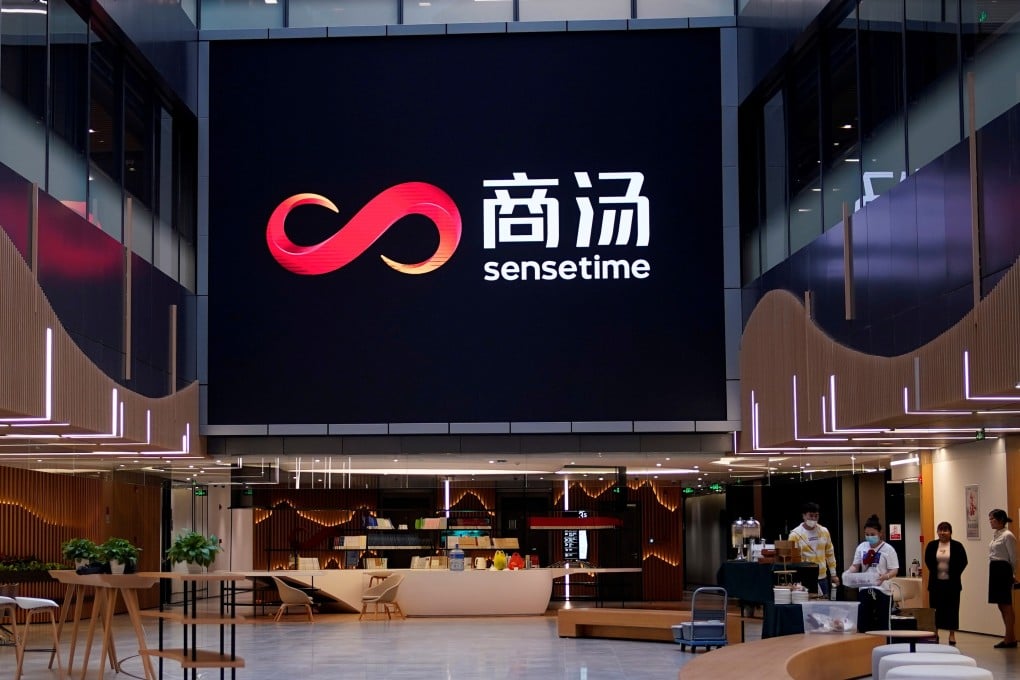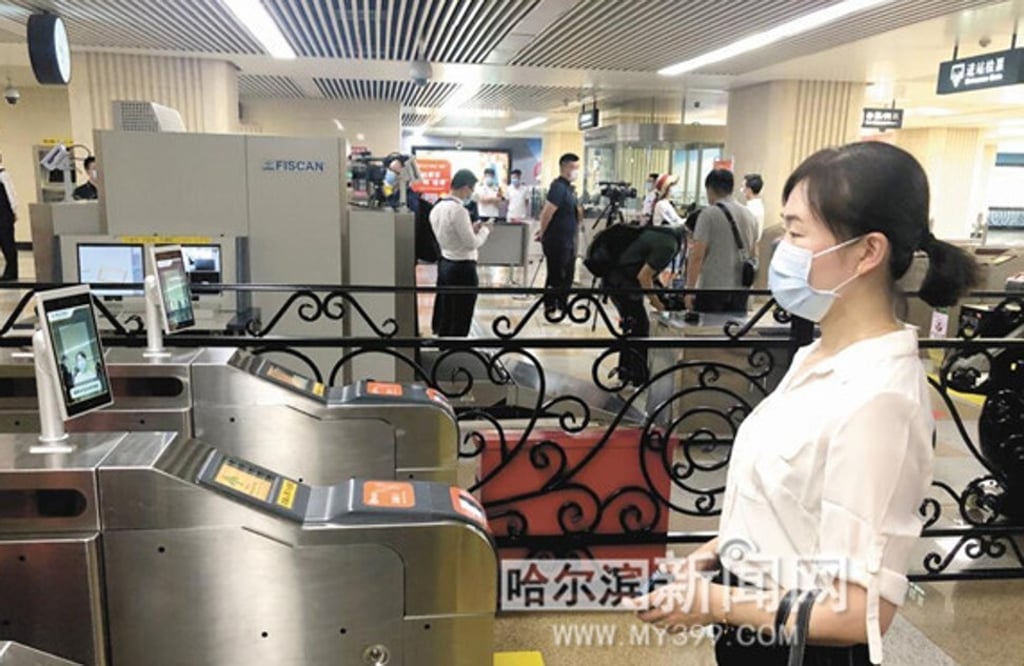SenseTime, the Chinese AI giant blacklisted by Trump, sees demand surge during coronavirus
- The Hong Kong-based start-up’s 2020 sales are projected to reach US$1.3 billion, up 80 per cent from a year ago
- The company is close to completing a US$1.5 billion funding round that values it at about US$8.5 billion

The Hong Kong-based start-up’s revenue surged 147 per cent to 5 billion yuan (US$720 million) in 2019 and its customer base increased by about 500 to 1,200 clients, according to co-founder Xu Bing. Sales are on track to climb 80 per cent this year to about 9 billion yuan and gross profit could double, according to people familiar with the matter.
“We see business demand for ways to mitigate the virus outbreak on the rise,” Xu said in a phone interview. He and SenseTime declined to comment on revenue projections in an emailed statement.
That momentum has SenseTime contemplating an initial public offering.
The company is close to completing a US$1.5 billion funding round that values it at about US$8.5 billion pre-money, paving the way for a stock sale, people familiar have said.
